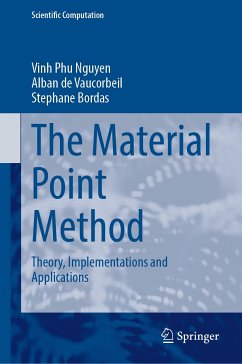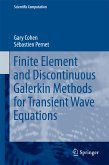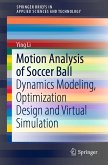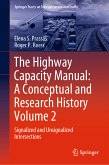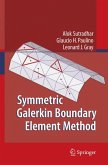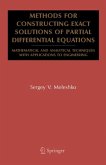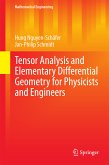The book shows how MPM allows a robust, accurate, and efficient simulation of a wide variety of material behaviors without requiring overly complex implementations. MPM and its variants have been shown to be successful in simulating a large number of high deformation and complicated engineering problems such as densification of foam, sea ice dynamics, landslides, and energetic device explosions, to name a few, and have recently found applications in the movie industry. It is hoped that this comprehensive exposition on MPM variants and their applications will not only provide anopportunity to re-examine previous contributions, but also to re-organize them in a coherent fashion and in anticipation of new advances.
Sample algorithms for the solutions of benchmark problems are provided online so that researchers and graduate students can modify these algorithms and develop their own solution algorithms for specific problems. The goal of this book is to provide students and researchers with a theoretical and practical knowledge of the material point method to analyze engineering problems, and it may help initiate and promote further in-depth studies on the subjects discussed.
Dieser Download kann aus rechtlichen Gründen nur mit Rechnungsadresse in A, B, BG, CY, CZ, D, DK, EW, E, FIN, F, GR, HR, H, IRL, I, LT, L, LR, M, NL, PL, P, R, S, SLO, SK ausgeliefert werden.

